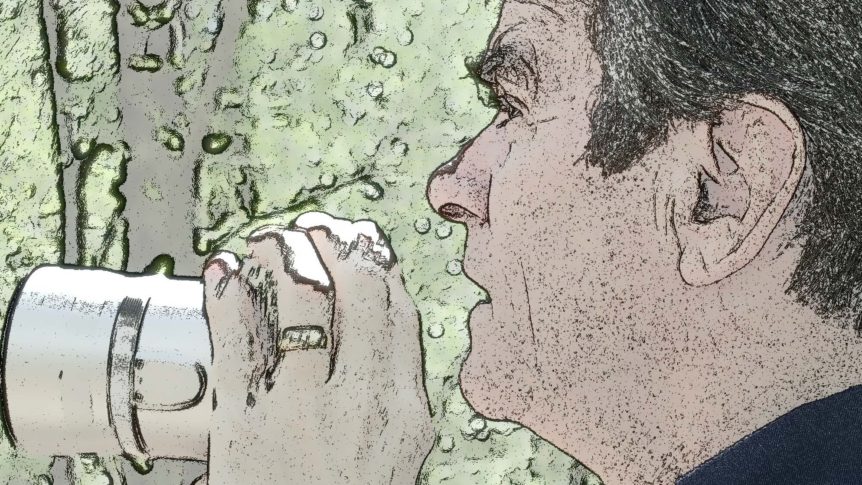Employee ownership, commitment, loyalty and initiative are key to any outstanding organization. But astute leaders know that such qualities are too important to be left to chance. They must be woven into the fabric of workplace functioning.
They must, in other words, be made a part of organizational culture.
Take a moment to think about culture. Derived from the Latin colere, “to cultivate,” the term is steeped in overtones of development and growth. In microbiology a culture is the medium in which a tissue grows and develops. In food production it is the key that transforms milk into yogurt and juice into wine. It is vital, dynamic, and unfailingly alive.
Taken in the social sense, culture is just as vibrant. Defining everything from how crises are handled to how coffee breaks are taken, culture makes organizations what they are.
So pervasive is its influence that virtually no facet of organizational performance — how projects are viewed, how information is shared, how departments interact with one another, how mistakes are handled, how questions are received— remains untouched by it.
To leverage this significant force, leaders must appreciate not only the fact that culture has a powerful effect on organizational functioning (a fact sadly overlooked by numerous leaders), but also the fact that, more than anything else, it is a product of their personal behavior and choices.
Leaders establish culture with their every question and remark. They shape its contours and expectations by their every decision and offhand comment. Whether they realize it or not, they are creating culture at every moment of every workday. They could not stop if they tried.
In this sense, culture can be thought of as an intrinsic byproduct of the organizational authority leaders hold. In a very real terms, culture can be seen as the wake of leadership, an inescapable consequence of the role they play and the position they hold.
The question, then, is not whether leaders are creating culture, for they are creating culture constantly and continuously, regardless of what they do. The question is what kind of culture they are creating.
This question is of critical importance, for while culture can bring out the best in workers, it can also destroy model employees. It governs the human resources a leader has to work with and ultimately determines the organizational performance he or she will be able to achieve.
In short, the difference between average organizations and outstanding ones is not one of personnel but of culture — and culture always points back to the personal behavior and choices of leaders.
